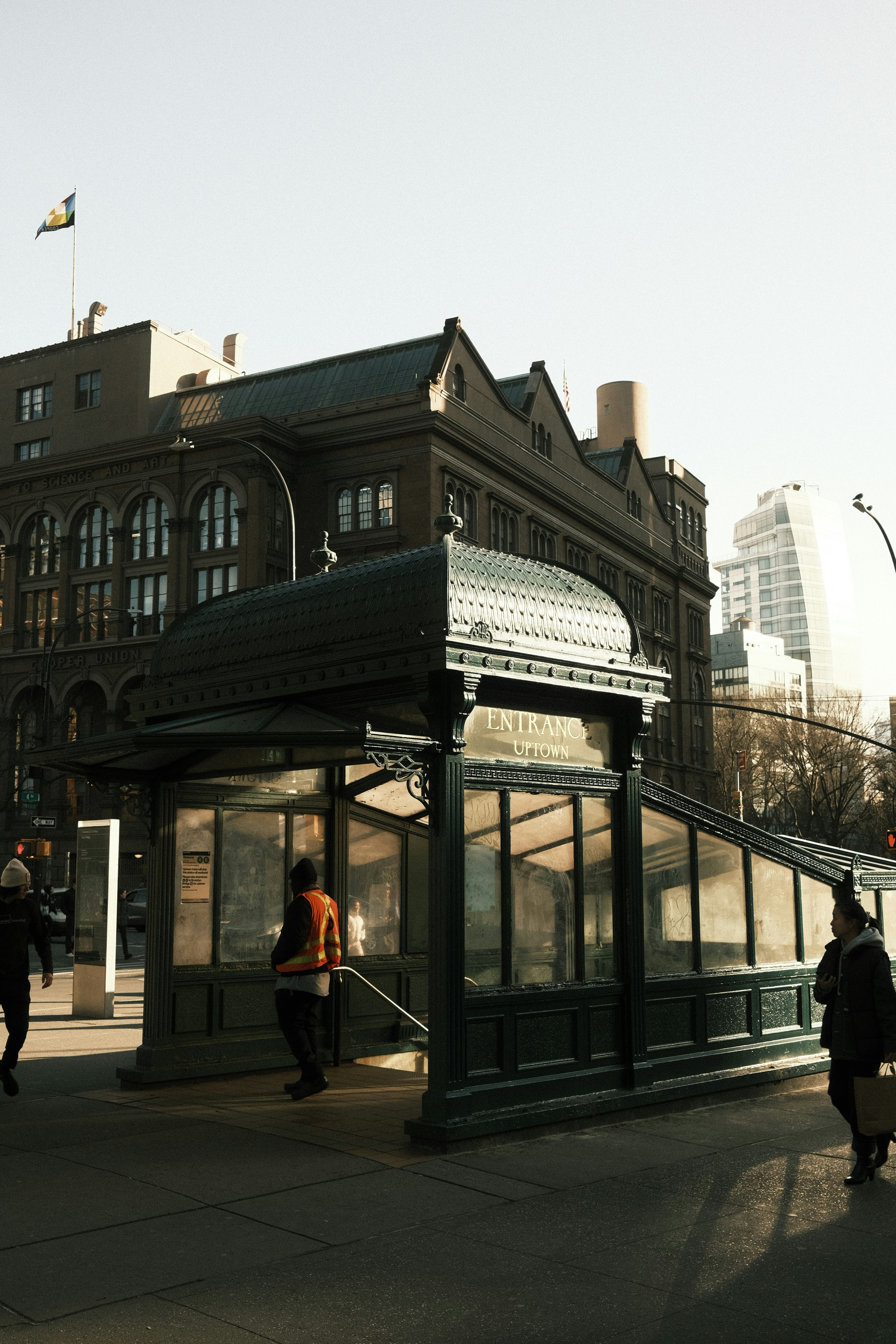Are you considering a house renovation project in London? Renovating your home can be an exciting yet daunting endeavor, especially when it comes to budgeting and understanding the costs involved. In this comprehensive guide, we'll explore everything you need to know about house renovation costs in London, helping you plan your dream home transformation with confidence.
Factors Influencing House Renovation Costs in London
Location: The location of your property in London can significantly impact renovation costs. Different areas may have varying labor and material costs, as well as specific planning regulations that could affect the scope of your project.
Size and Scope of Renovation: The size and scope of your renovation project will naturally influence the overall cost. Whether you're undertaking a small-scale renovation or a full home remodel, it's essential to consider factors such as square footage, the number of rooms involved, and the complexity of the work required.
Type of Renovation: The type of renovation you're planning will also affect costs. Whether you're focusing on kitchen remodeling, bathroom renovations, or a complete interior overhaul, each type of renovation comes with its own set of expenses.
Materials and Finishes: The choice of materials and finishes can have a significant impact on renovation costs. Opting for high-end materials and luxury finishes will naturally incur higher expenses compared to more budget-friendly alternatives.
Labor Costs: Labor costs account for a significant portion of renovation expenses. In London, labor rates may vary depending on the skill level of the tradespeople involved, as well as market demand and availability.
Permits and Regulations: Obtaining permits and adhering to building regulations are essential aspects of any renovation project. Depending on the scope of your renovation, you may need to factor in permit fees and compliance costs into your overall budget.
Common House Renovation Projects and Costs in London
Kitchen Renovation: A kitchen renovation is one of the most popular home improvement projects in London. Costs can vary widely depending on factors such as the size of the kitchen, the quality of materials, and the extent of the remodel. On average, a mid-range kitchen renovation in London can cost between £10,000 to £25,000, while a high-end remodel can exceed £50,000.
Bathroom Renovation: Renovating a bathroom can enhance both the aesthetics and functionality of your home. Costs for bathroom renovations in London typically range from £5,000 to £15,000, depending on factors such as the size of the bathroom, the complexity of the work, and the choice of fixtures and fittings.
Home Extension: Extending your home is an excellent way to create additional living space and add value to your property. House extension costs in London can vary widely depending on factors such as the size and design of the extension, the materials used, and the complexity of the construction. On average, a single-story extension in London can cost between £30,000 to £50,000, while a two-story extension can exceed £100,000.
Loft Conversion: Converting your loft into a habitable space is a popular renovation project among London homeowners. Loft conversion costs in London typically range from £20,000 to £50,000, depending on factors such as the size of the loft, the type of conversion, and the extent of the work required.
Interior Remodeling: Refreshing the interior of your home with new paint, flooring, and fixtures can breathe new life into your space. Interior remodeling costs in London can vary depending on the extent of the work and the quality of materials used. On average, homeowners can expect to spend between £5,000 to £20,000 on interior remodeling projects.
Tips for Budgeting and Cost-Effective Renovations
Set a Realistic Budget: Before embarking on a renovation project, it's essential to set a realistic budget based on your financial resources and renovation goals. Consider factors such as your desired outcomes, preferred materials, and contingency funds for unexpected expenses.
Prioritize Renovation Needs: Identify the key areas of your home that require renovation and prioritize them based on importance and urgency. Focus on addressing essential needs first before considering more cosmetic upgrades.
Research Costs and Obtain Multiple Quotes: Research the costs of materials and labor in your area and obtain multiple quotes from reputable contractors. Comparing quotes can help you find the best value for your money and avoid overpaying for services.
Consider DIY and Partial Renovations: Depending on your skills and resources, consider tackling certain renovation tasks yourself or opting for partial renovations to save costs. However, be realistic about your abilities and consult professionals for complex or specialized work.
Plan for Contingencies: Renovation projects often encounter unforeseen challenges and expenses. It's essential to budget for contingencies and allocate a portion of your budget for unexpected costs that may arise during the renovation process.
Recent Post
Creative gold for your inbox
Get the latest articles and insights delivered straight to your inbox. Sign up today to stay informed and ahead of the competition.








